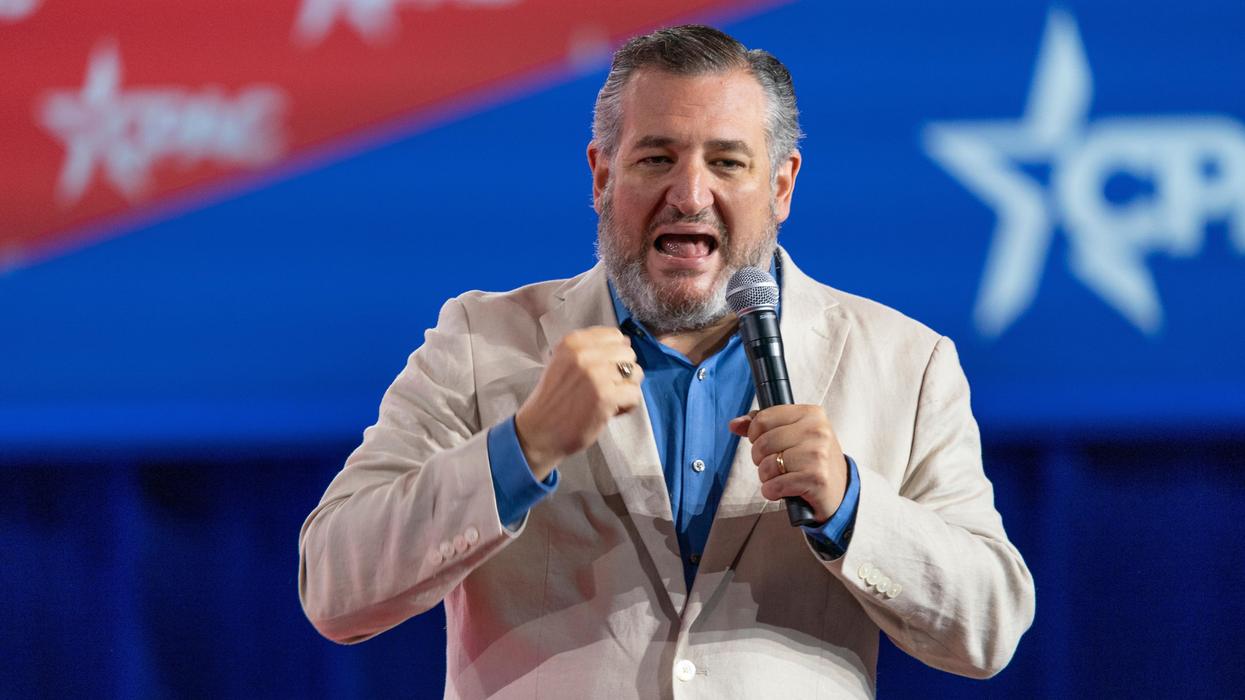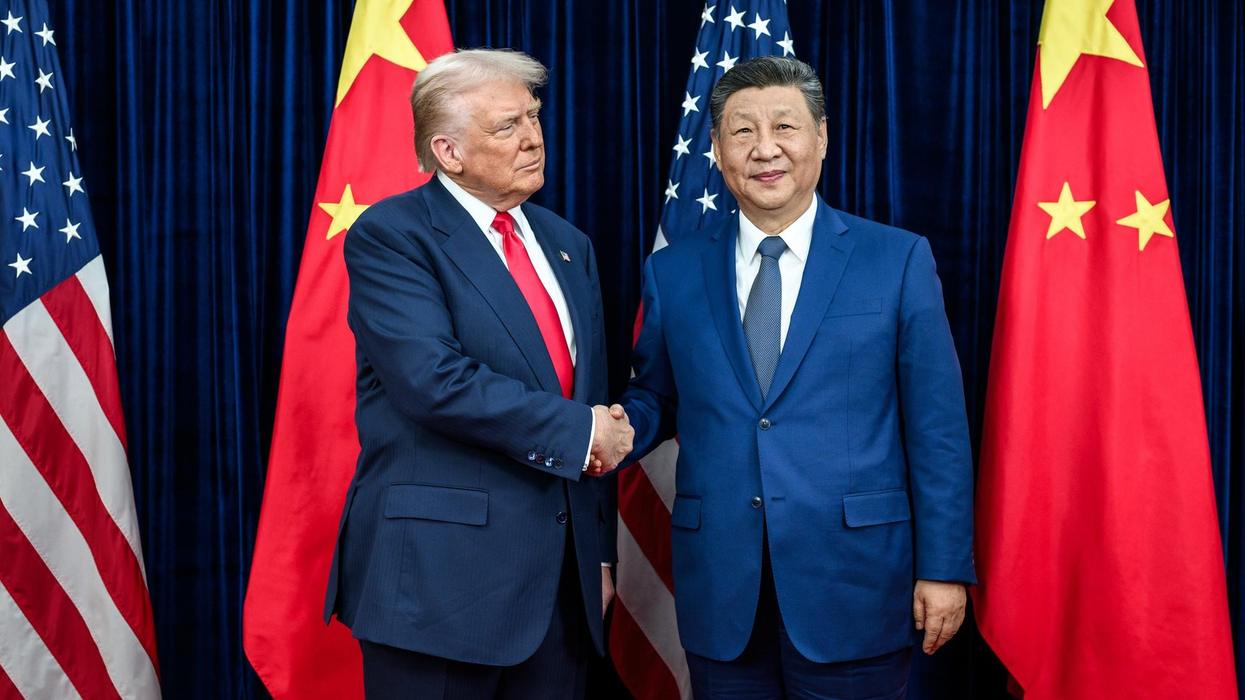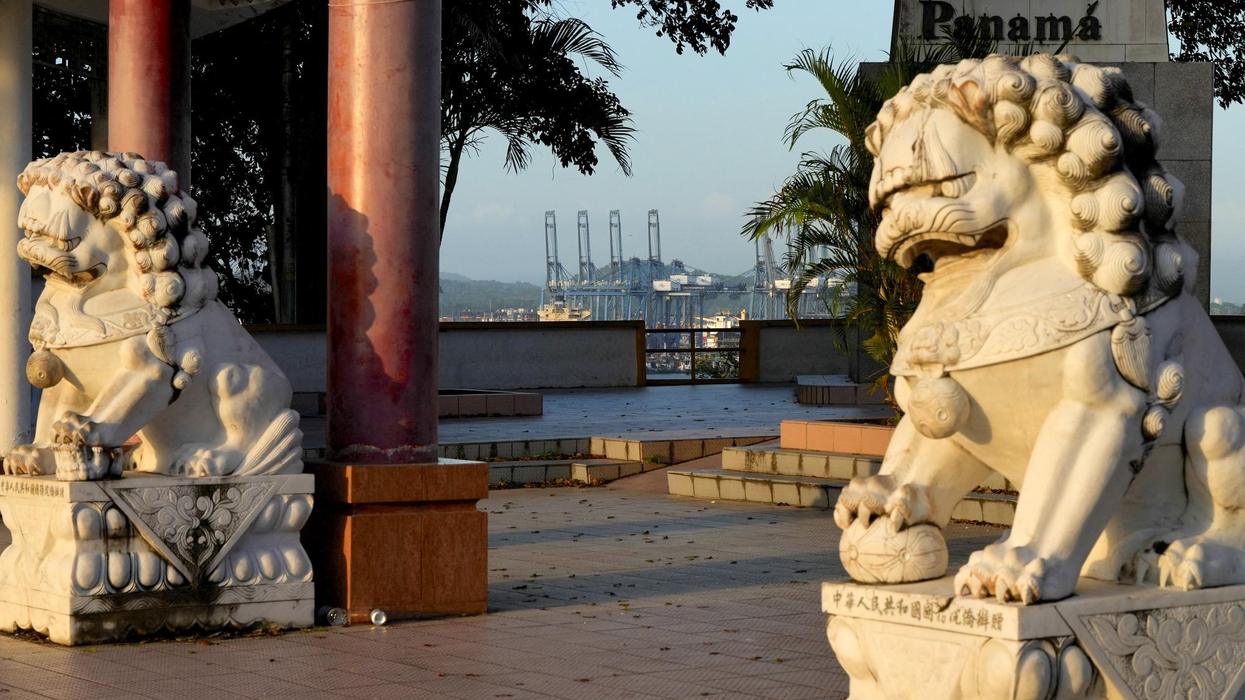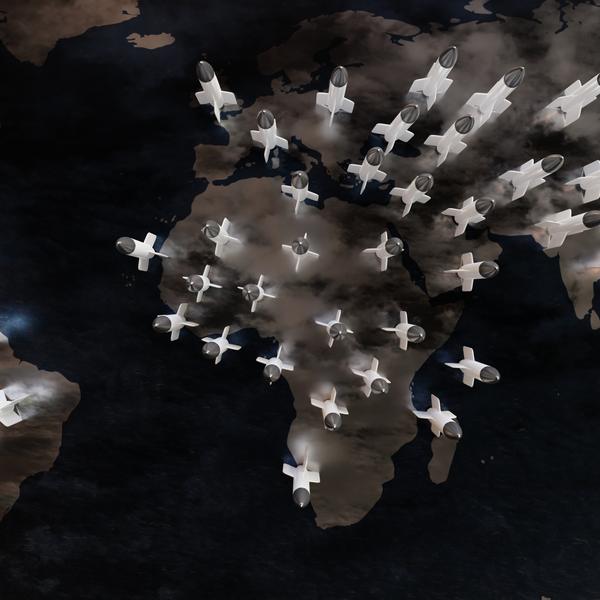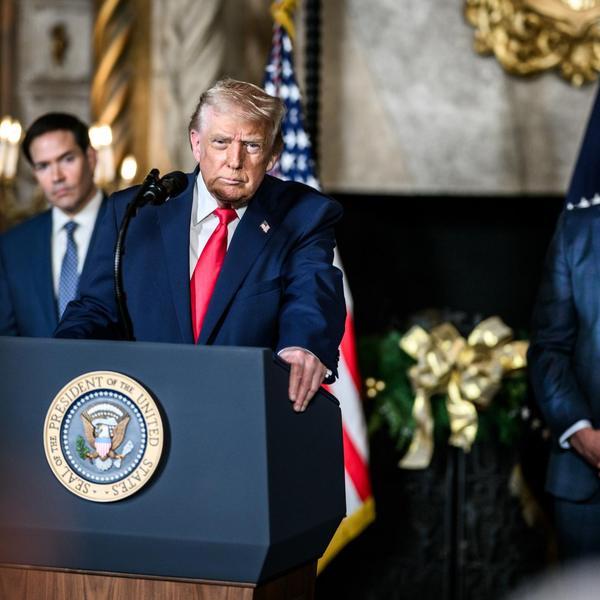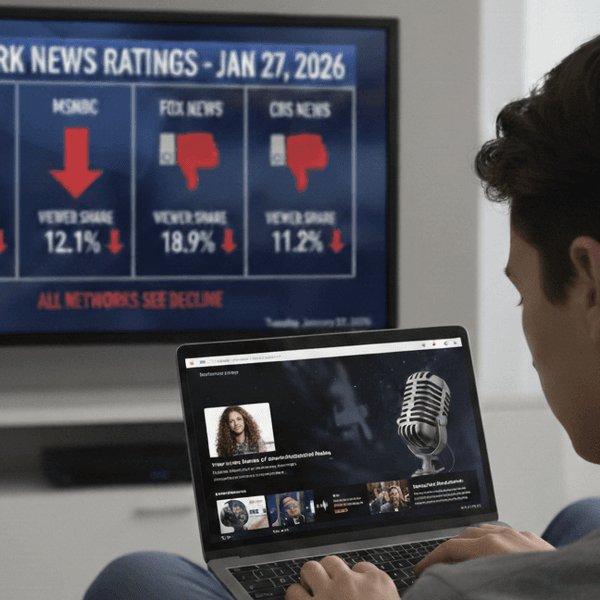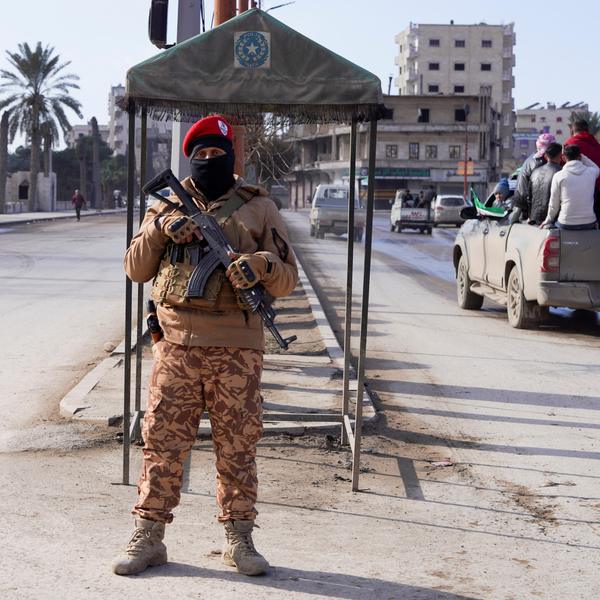Earlier this month, President Biden’s ambassador to the United Nations, Linda Thomas-Greenfield, announced her country’s support for adding two new permanent African seats to the U.N. Security Council. This came on top of existing U.S. support for its democratic allies and partners Germany, Japan and India to receive permanent seats as well.
Crucially, however, the U.S. does not support granting these new permanent members the same veto privileges that the P5 – the U.S., United Kingdom, France, Russia and China – have enjoyed since the U.N.’s inception. Britain and France, no longer veritable great powers, have not used their veto since the 1980s. As a result, the U.S. proposal would see the creation of a club of ten permanent members — perhaps more when Latin America is factored in — but with only three effectively able to veto resolutions.
Reforming the composition of the Security Council requires amending the UN Charter — a process over which the P5 enjoy a veto. And it’s not hard to see why Russia would oppose the U.S. proposal. By creating two tiers of permanent members, it would set a precedent through which Moscow, as a power in relative decline, could be demoted to second-tier status someday and have its veto disregarded.
Committing to Council reform is commendable. But to make it happen, UN member states, including the U.S., need to get more creative and put together a formula that a sufficient number of countries can get behind.
Why Security Council reform is needed
When it comes to reforming the Security Council, the P5 are an obstacle, but they are far from the only one. Member states remain divided on the future of the veto, especially given the perception that Washington and Moscow have abused their veto privileges as of late. They also need to agree on how to apportion seats fairly in an expanded Council.
To get around this issue, the Quincy Institute’s Better Order Project brought together leading experts, scholars and practitioners from around the world to devise a compromise proposal that can garner widespread international support.
Naturally, many countries are worried that expanding the permanent membership of the Council will lead to more vetoes — and therefore to more gridlock. And that is gridlock that the world can ill afford in today’s era of monumental international and transnational security challenges.
At the same time, if the Council does not grow its permanent membership, then it will fail to reflect the world’s emerging multipolar distribution of power. If increasingly influential countries such as India conclude that they are no longer able to advance their interests through the U.N., then multilateral cooperation could be dealt a blow even more severe than the risks of a perpetually paralyzed Security Council.
Some contend that the P5 are loath to grow their own ranks. China, for example, is wary of extending the veto to countries with which it has security tensions such as India and (especially) Japan. Yet if the P5 do not agree to Council reform, they risk diminishing the long-term relevance and influence of a body in which they hold considerable power.
It will therefore be crucial to find a way to grow the Council’s permanent membership while also reducing veto usage. And as part of this process, there will be a need to satisfy the aspirations of various regional and cross-regional groupings and to compensate rising middle powers that fail to gain a permanent seat. Without a formula that can check all these boxes, the U.N.’s membership will remain divided — and Security Council reform will remain elusive.
A consensus proposal
There is a need for an expanded Council to reflect the realities of a multipolar world. That said, many states are worried that this would lead the world away from multilateralism between sovereign equals and toward balance-of-power realism.
One way to get around this could be to allow the General Assembly, which comprises the entire U.N. membership, to select new permanent members instead of handpicking those countries in advance. This would avoid formalizing the notion that great powers are entitled to special privileges by virtue of their size and give the world a chance to elect countries based on their commitment to international peace and security instead, including a commitment to limit their use of the veto.
More veto-wielding members will not necessarily lead to an increase in the number of vetoes cast. The political cost of standing alone in opposition to a Security Council resolution will become even greater when the number of permanent and non-permanent members grows. And a wider pool of permanent members may find it more advantageous to forge coalitions with one another to advance their interests rather than wield a unilateral veto to protect them.
There are other creative ways to reduce veto usage. For example, why not give permanent members the right to vote “no” on a resolution without vetoing it? Doing so would raise the political cost of invoking a full-blown veto, give great powers a tool for signalling their disapproval of certain measures to their domestic audiences, and provide them with a novel pathway for remaining constructive in the face of pressing matters of peace and security.
Finally, if the Security Council is going to have new permanent members, many middle powers may feel left out. Mexico and Argentina would feel excluded if Brazil were permanently selected to represent Latin America. The same is true of Nigeria and Egypt if South Africa were afforded that privilege on behalf of the African continent.
One solution is to give these countries the chance to be elected to a pool of 20 countries that would automatically rotate on and off the Council five at a time. This pool would last for 24 years — three cycles of eight years — before fresh elections are held.
Getting to serve for two out of every eight years would represent a marked improvement for these countries over the current arrangement, in which they must compete for every two-year term and cannot be immediately reelected. Smaller countries would also benefit from this formula, as they would no longer need to compete against 20 middle powers for a standard elected seat on the Council.
The vast majority of the world’s countries want multilateral institutions to become more equitable and inclusive. Those countries that demonstrate creativity and political will on the question of multilateral reform will have an added edge in shaping the international order of the future. While the post-Cold War “unipolar moment” may be receding beyond the horizon, advancing U.S. interests in a changing world is anything but a zero-sum game.
- US (rightly) calls for the expansion of the UN Security Council ›
- What makes a UN decision binding? ›
- Fixing the rules-based order: Start with the UN ›


